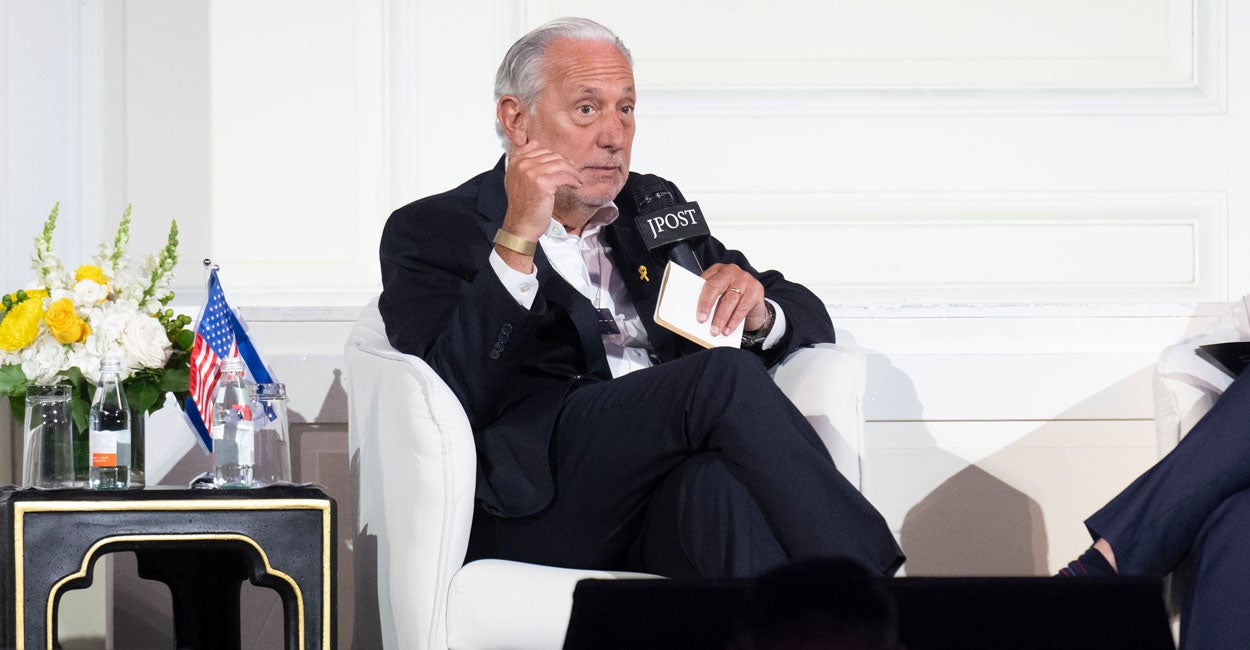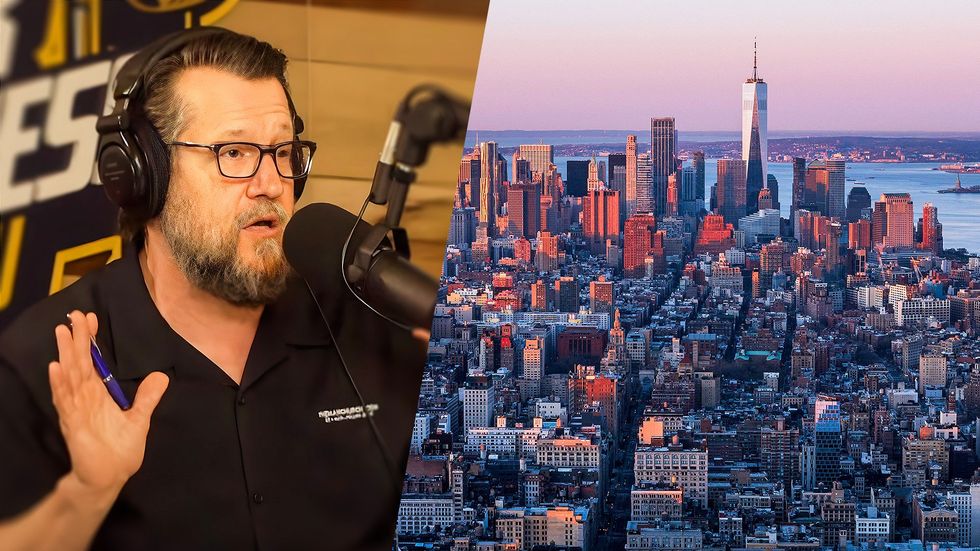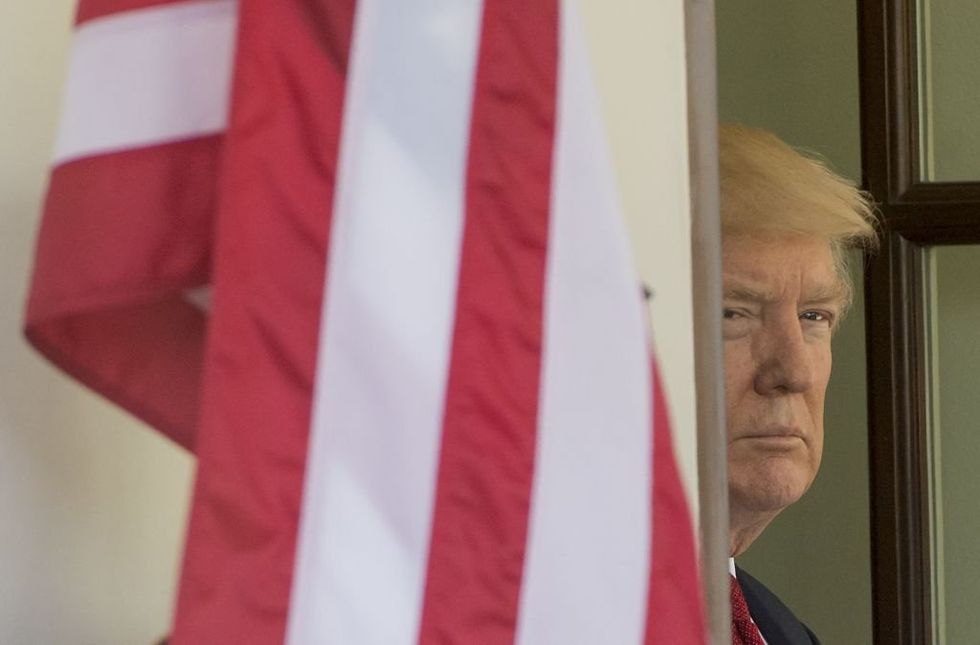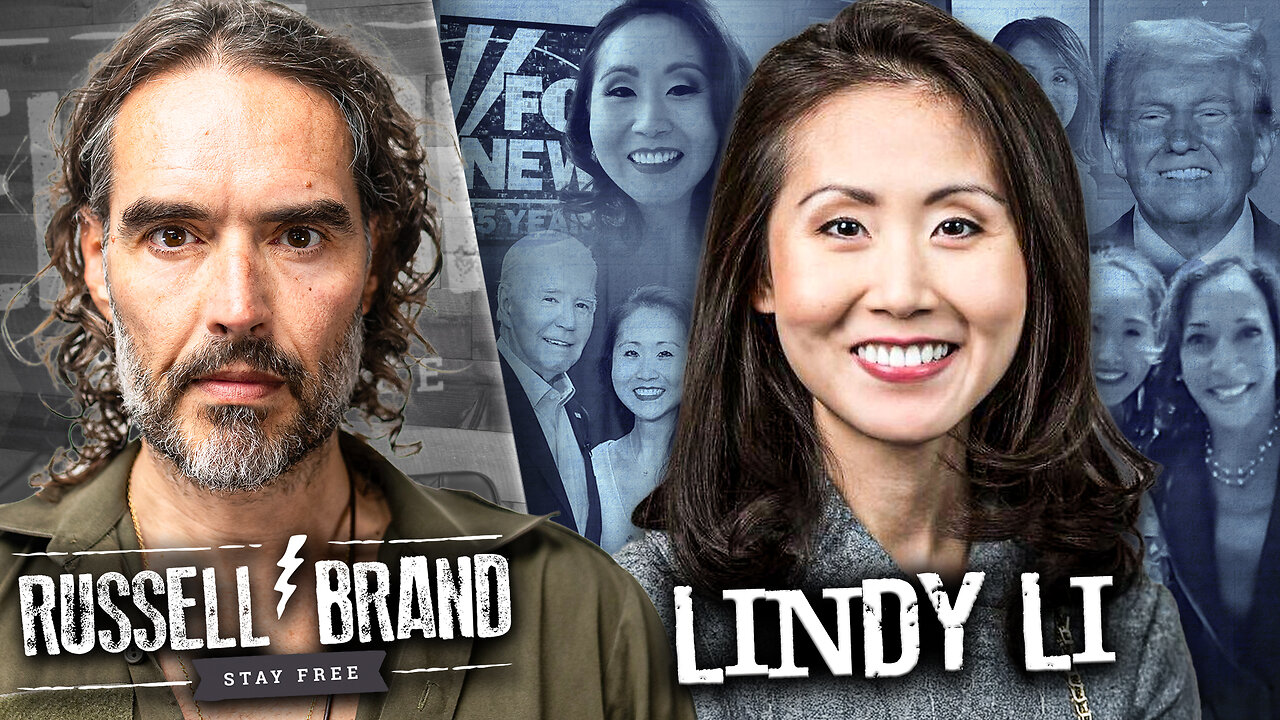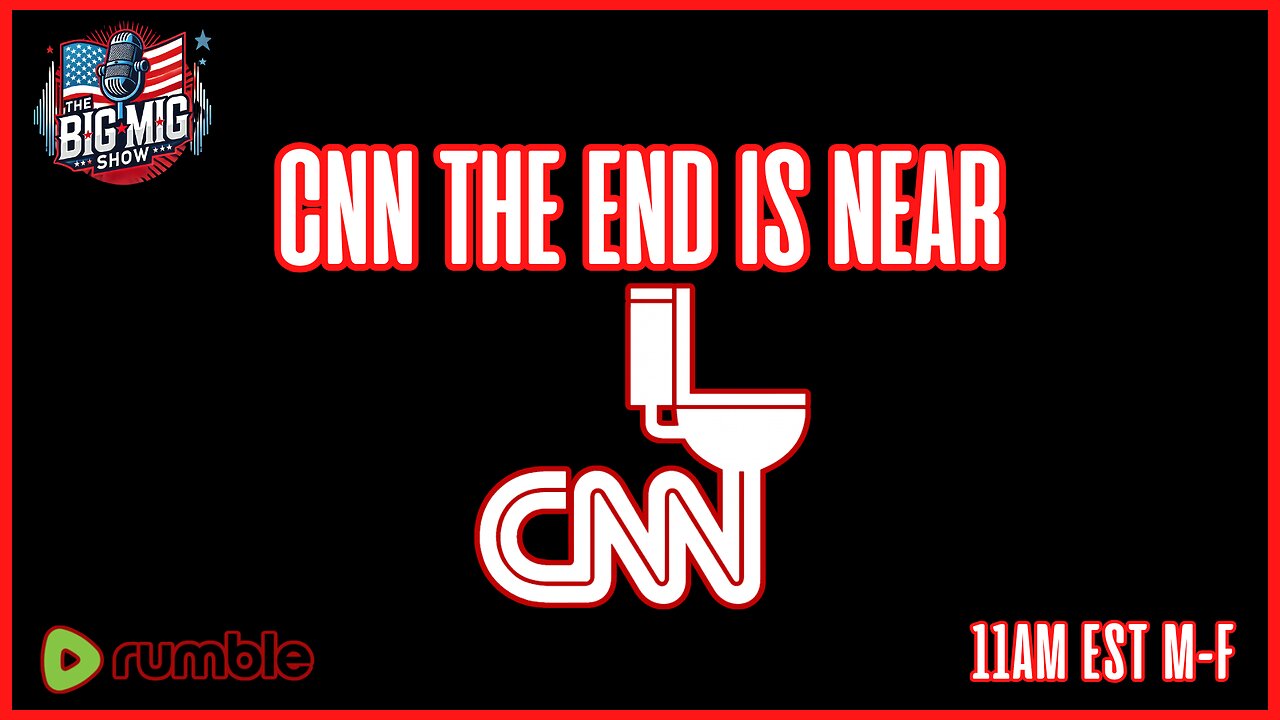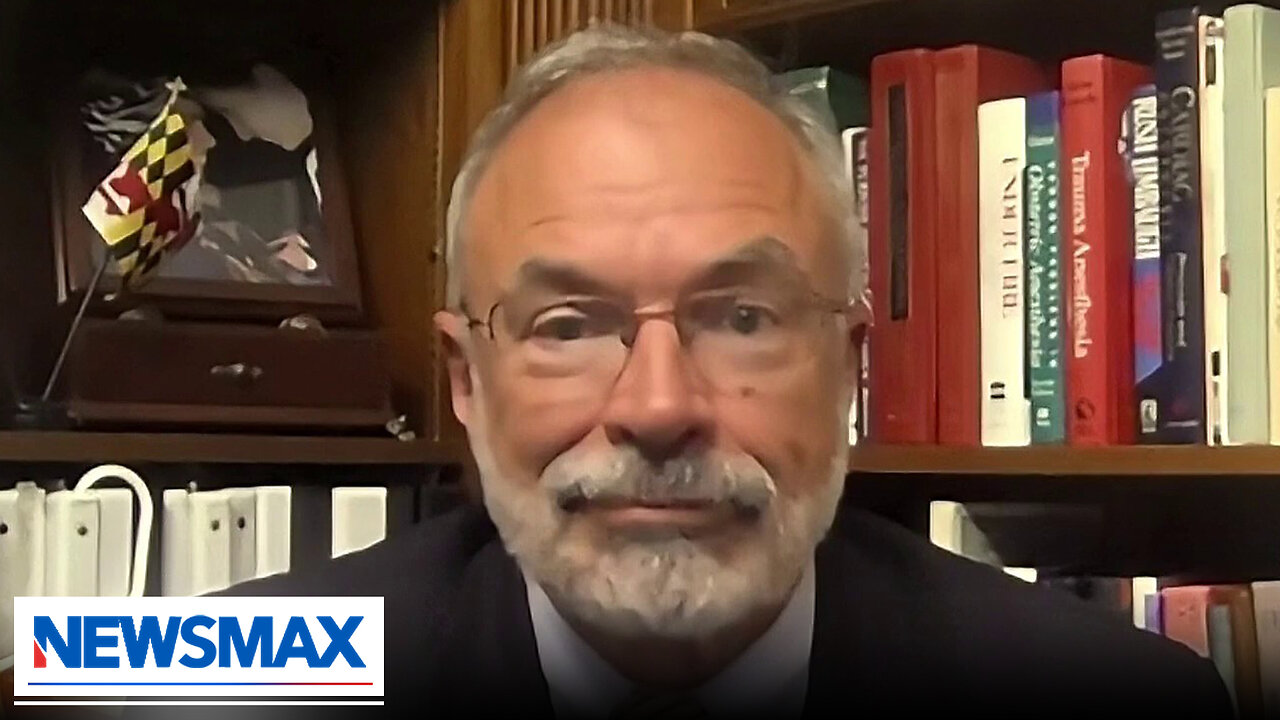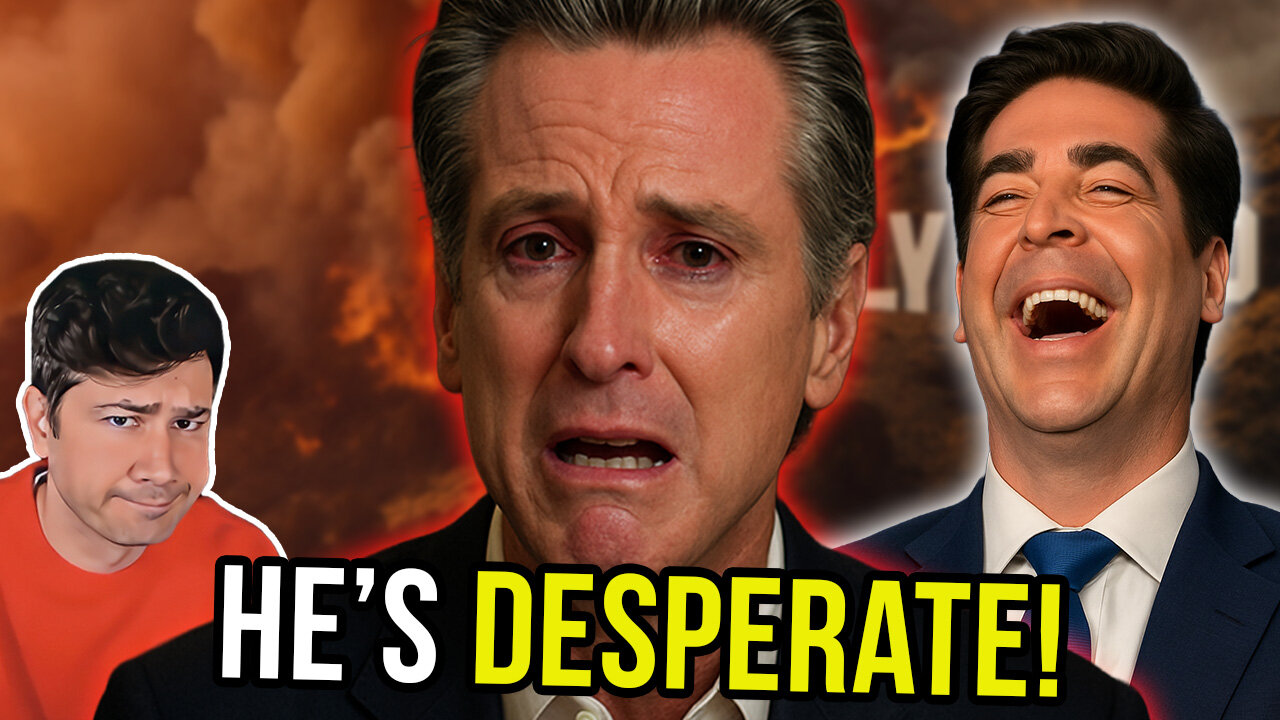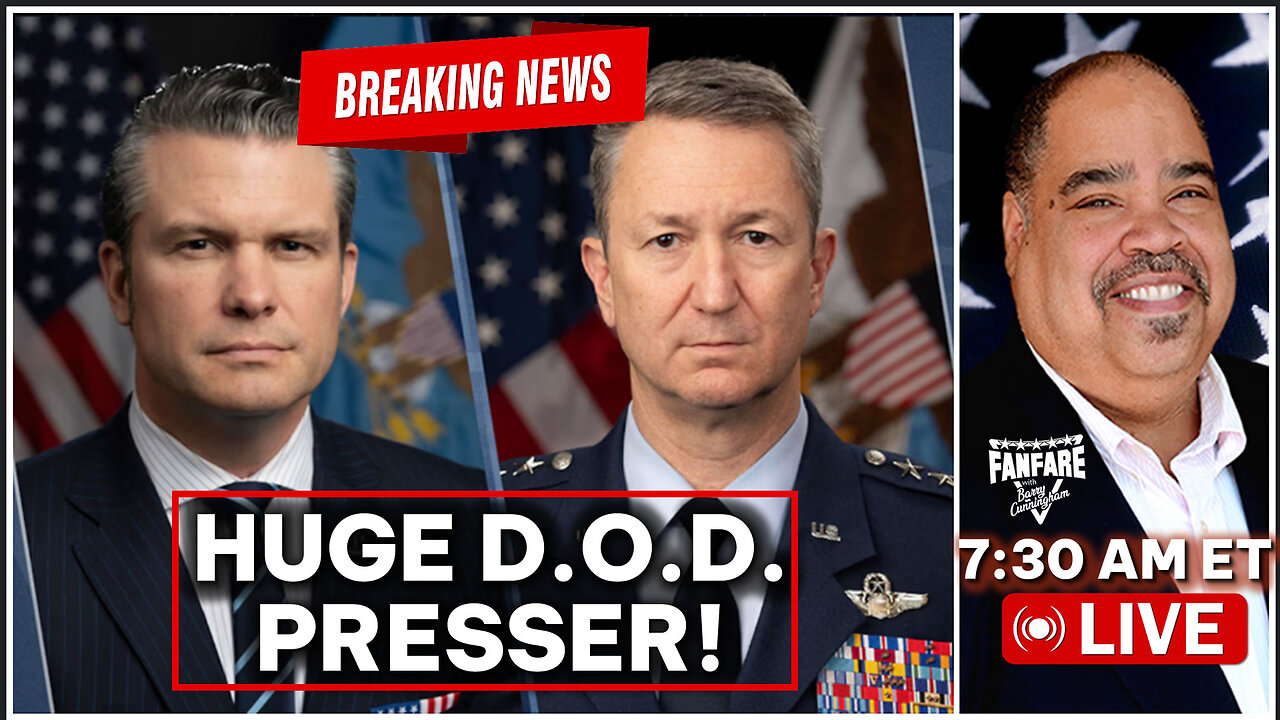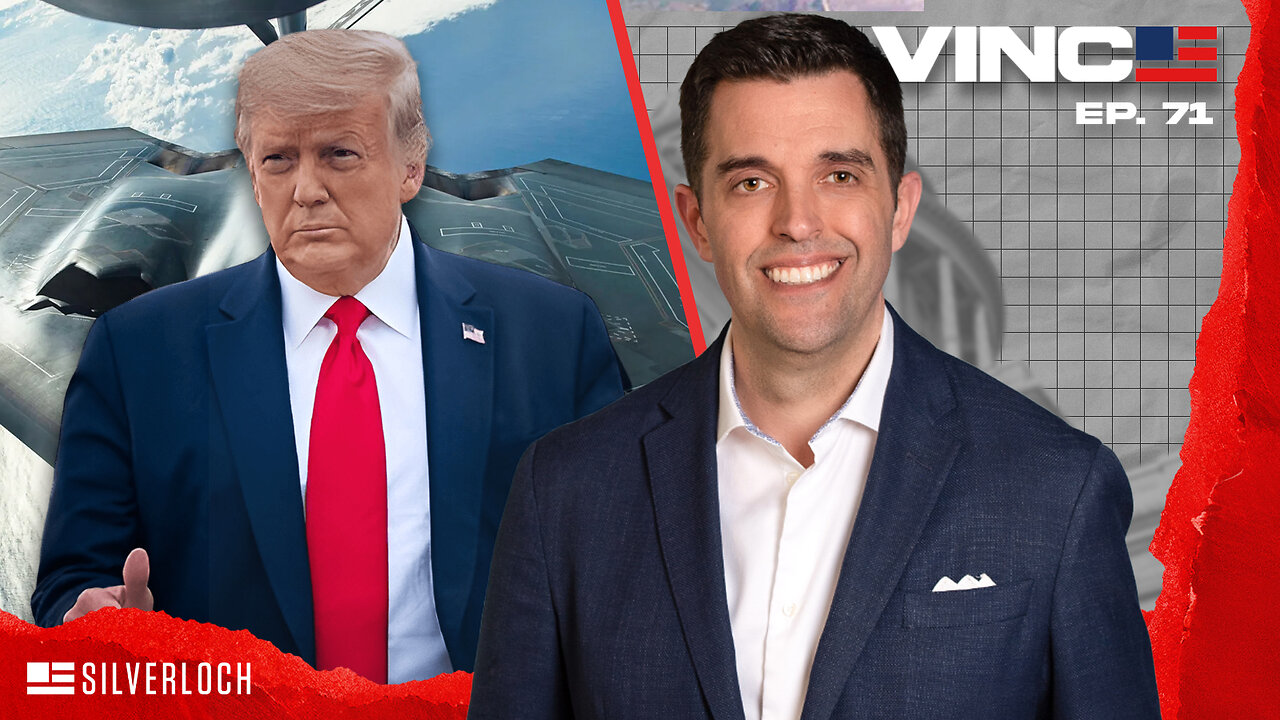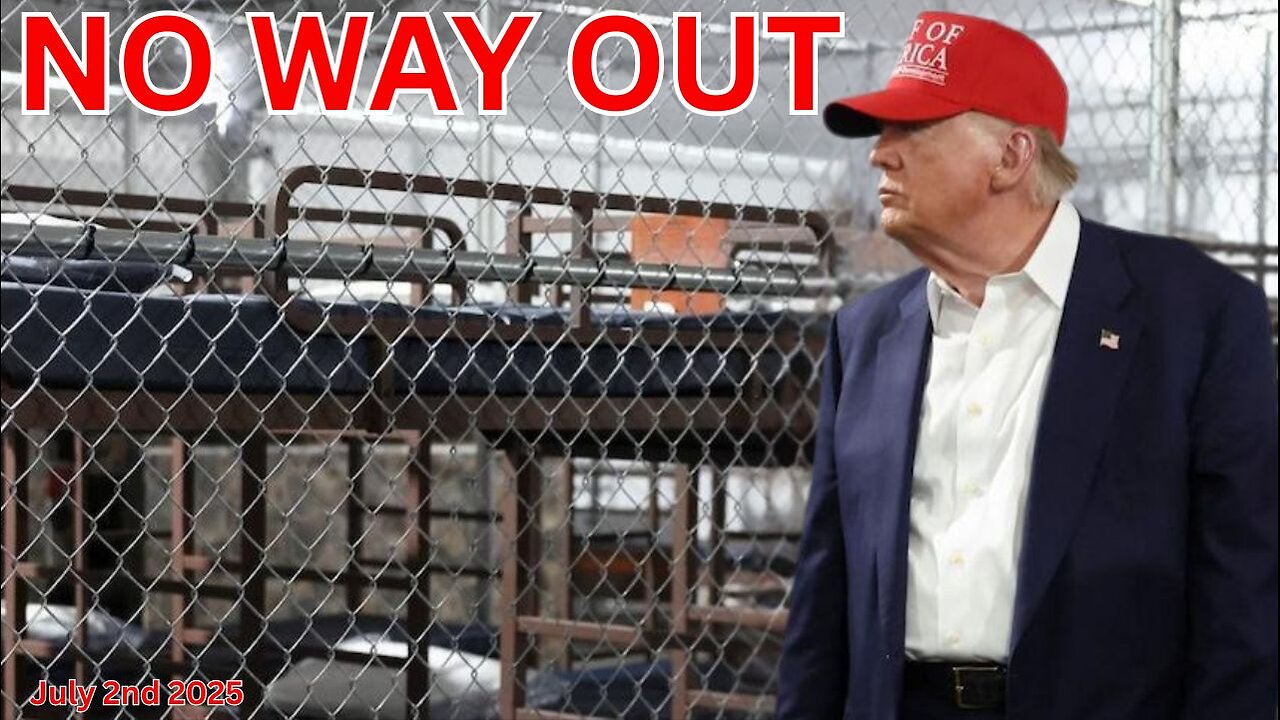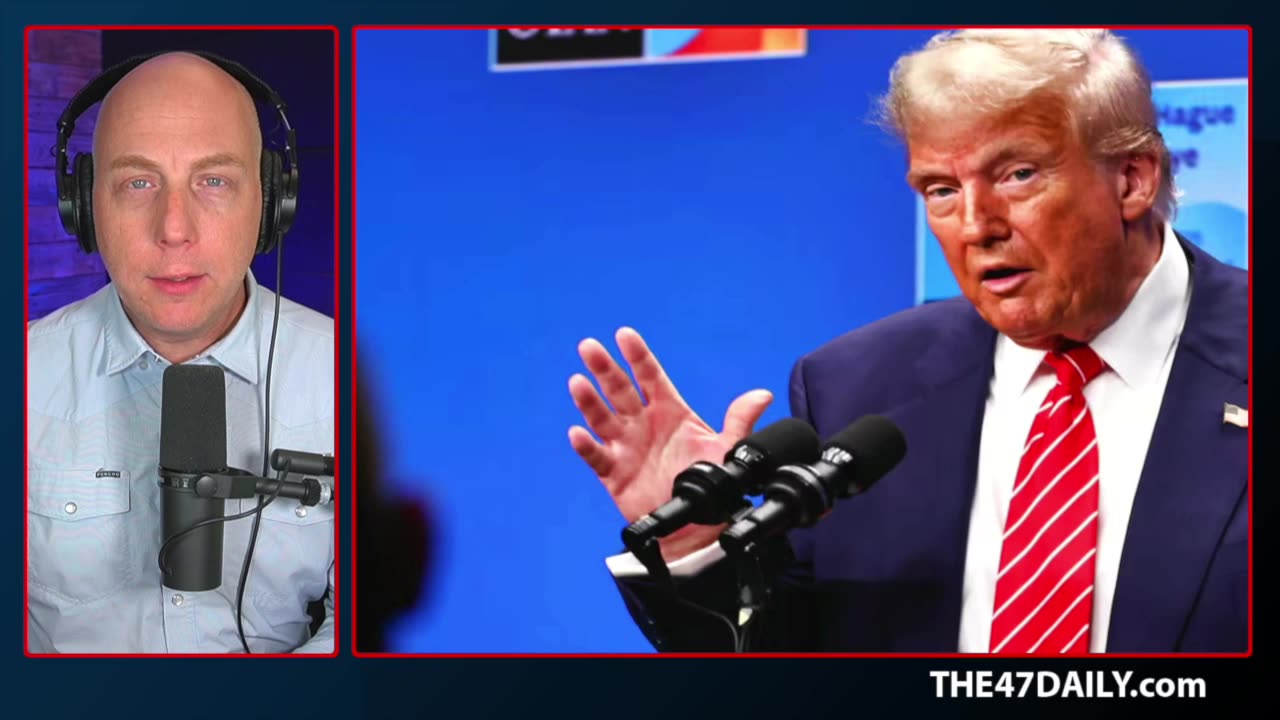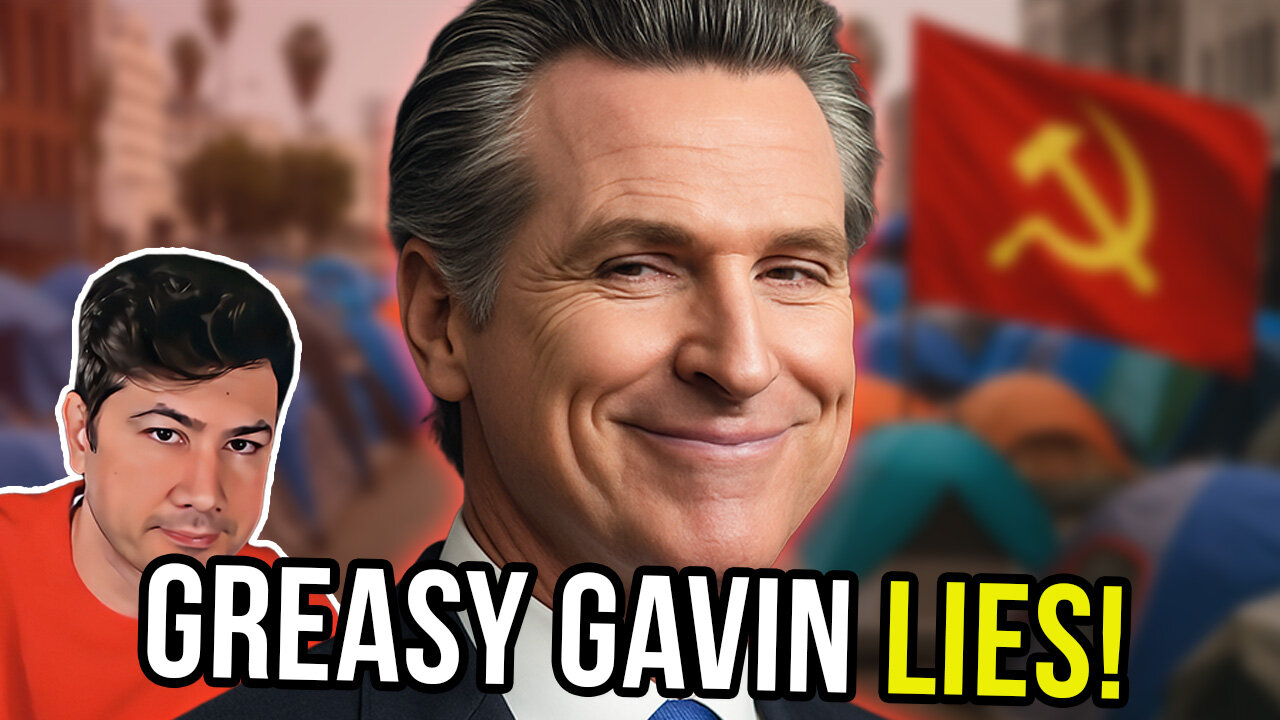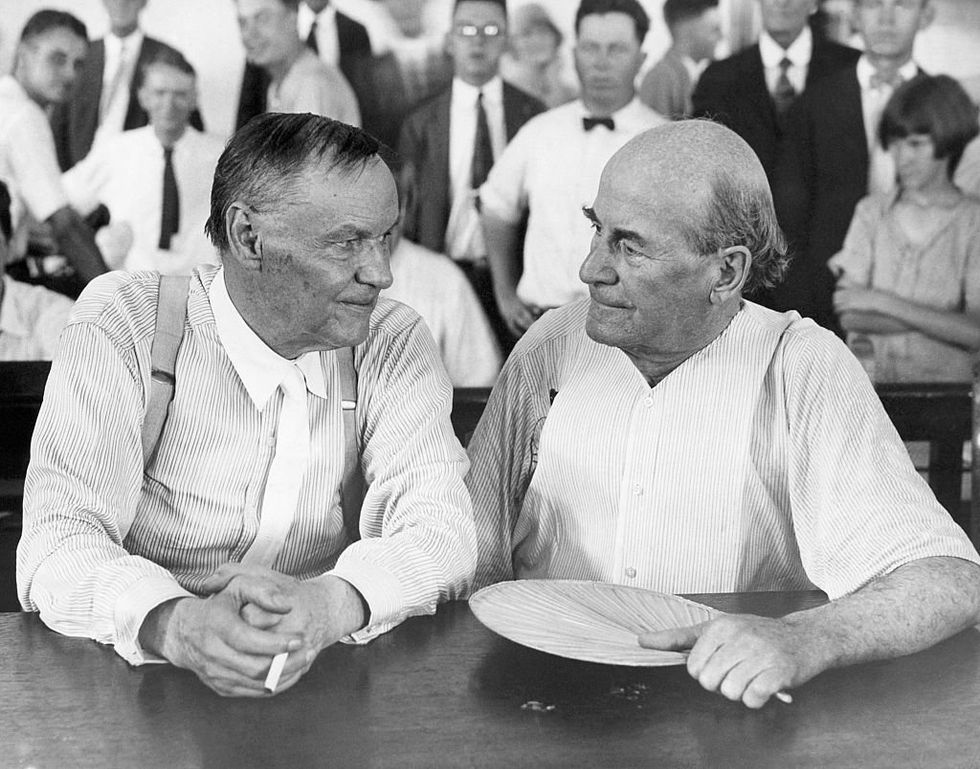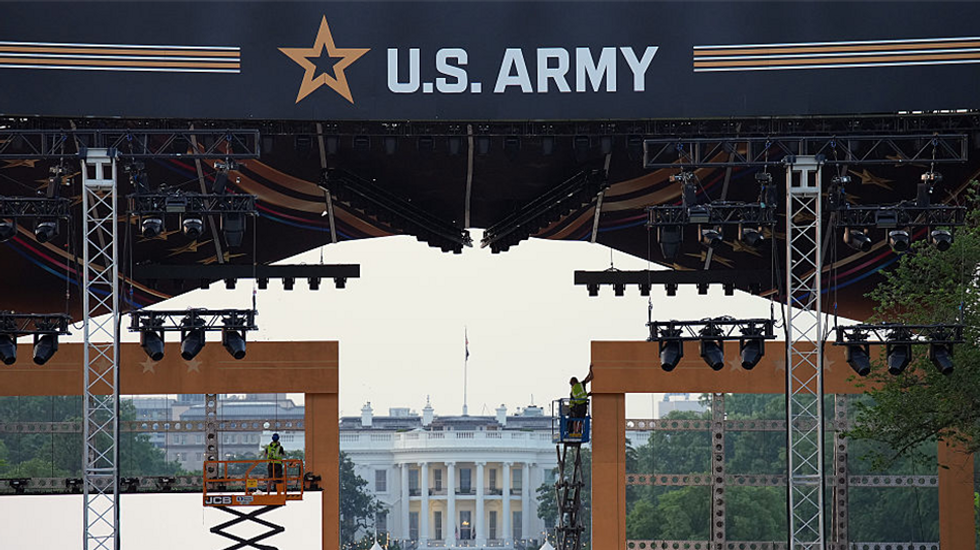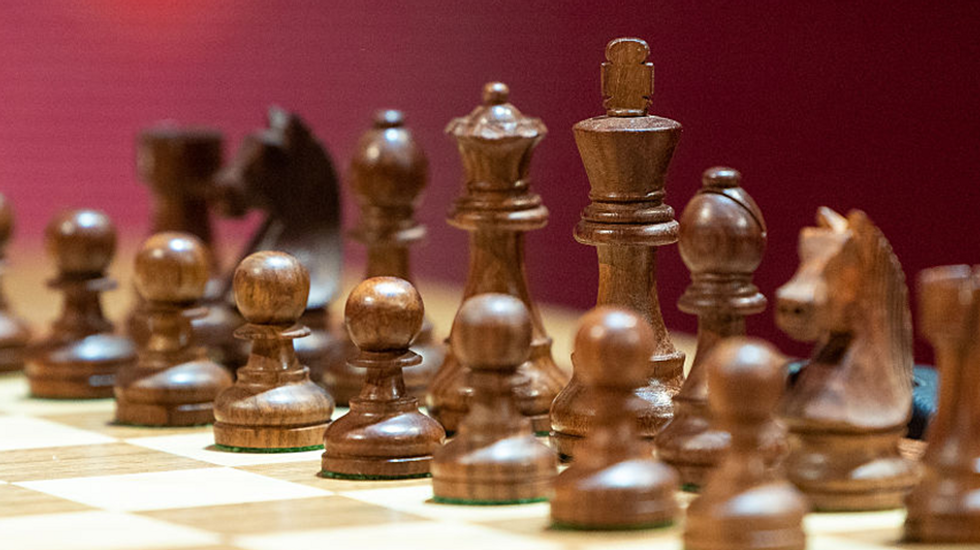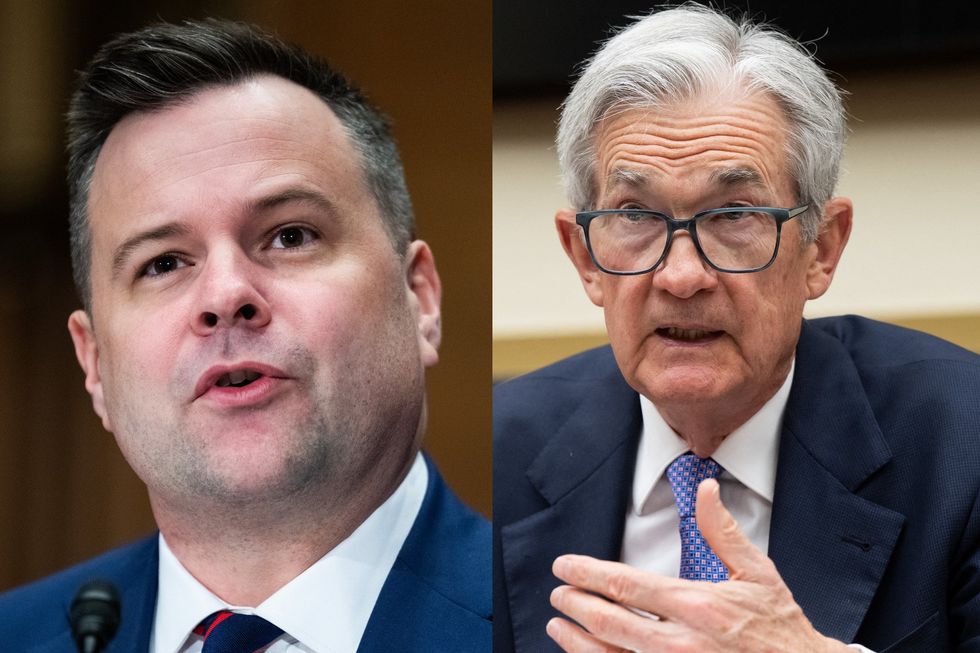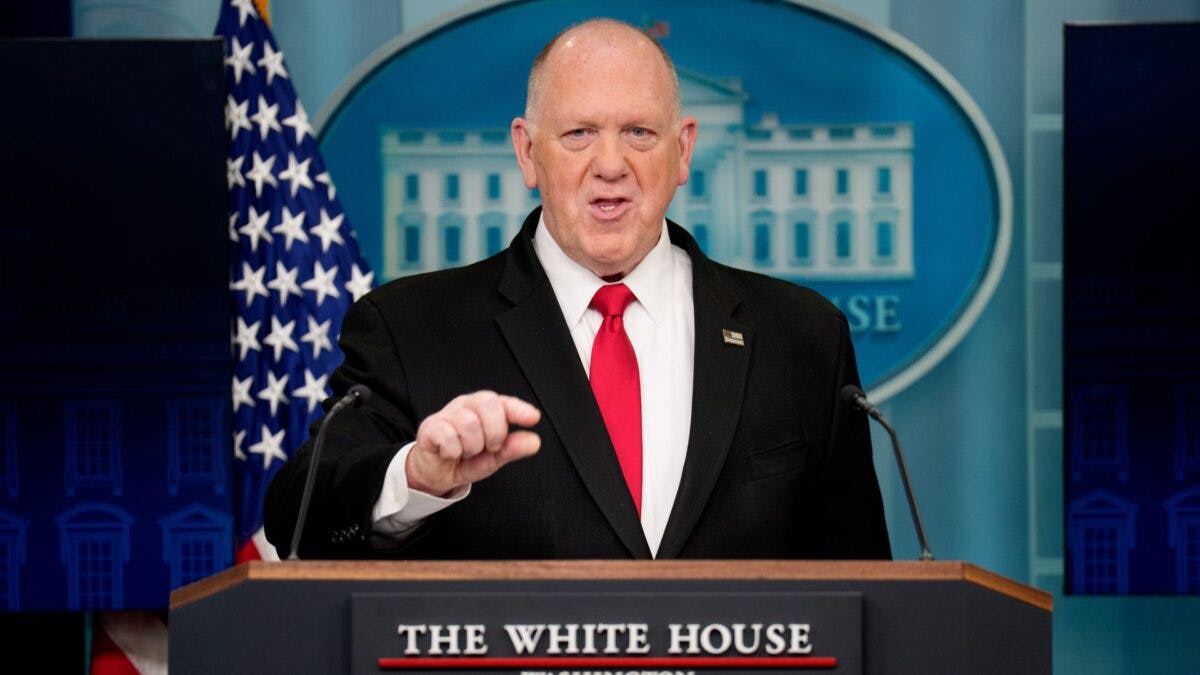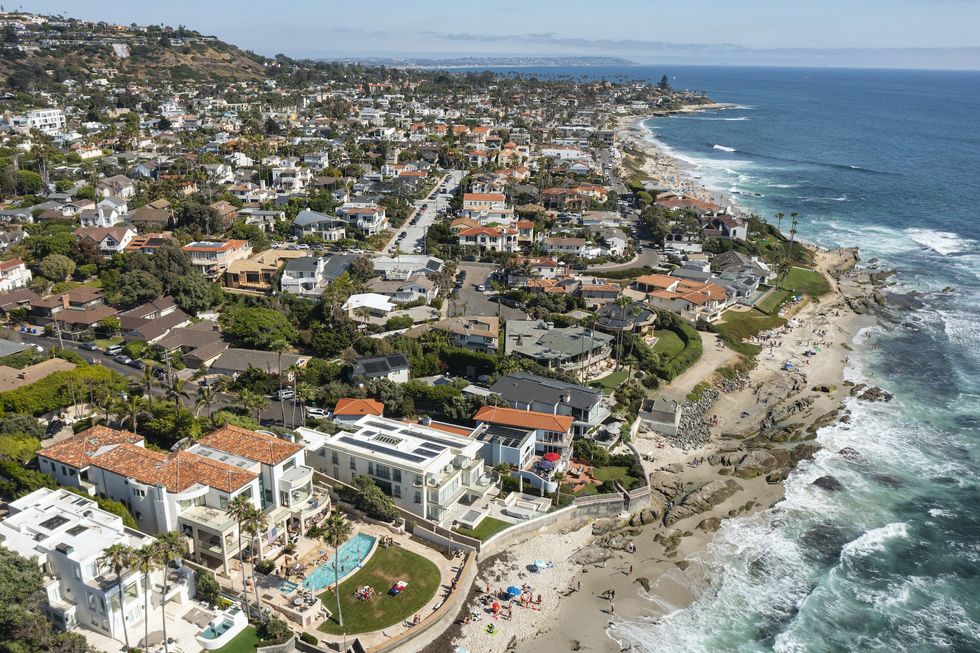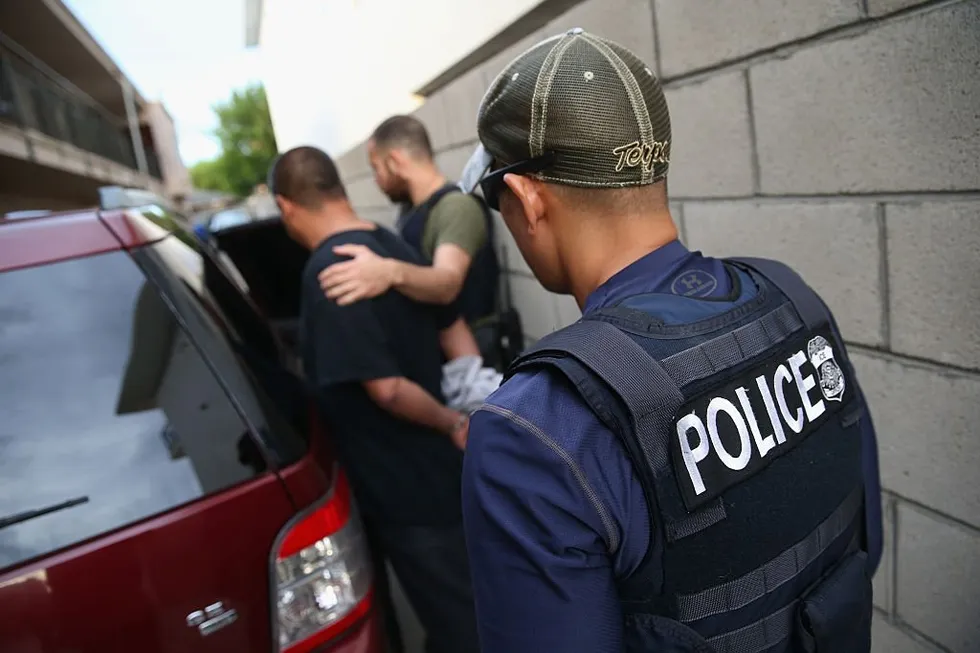Syria, Iran, Turkey, terrorists: Mideast landscape rapidly changing, but ‘it’s not our fight’



Now that longtime Syrian dictator Bashar al-Assad’s regime has fallen at the hands of an Islamist group, experts and news pundits – along with the people of Syria – are all speculating about what will happen next.
Indeed, since Assad’s ouster, Syrians are experiencing “a lot of hope and a lot of fear … at the same time,” says U.N. Special Envoy Geir Pedersen. Overthrown by the Sunni Islamist group Hayat Tahrir al-Sham (HTS), the future of Syria remains very uncertain.
For some informed perspective on not just the future of Syria, but on what role – if any – America should play, WorldNetDaily interviewed Army Lt. Col. Darin Gaub, a former UH-60 Blackhawk pilot and co-founder of Restore Liberty.
“Syria,” Gaub told WND, “had been a proxy state of Russia and Iran for quite a while, both of whom for a variety of reasons lost their grip on control in Syria.” The most obvious reasons, he said, were the fact that Russia is heavily involved in a war with Ukraine, and Iran is consumed with Hamas and Hezbollah being “largely ineffective” in their war against Israel.
And without restraint from either Russia or Iran in Syria, Gaub said, “It’s going to be hard to keep the lid on all these different insurgent-type of groups that have exploded in a search for power over the country.”
So who will win the power struggle? “It remains to be seen whether it will be either of these two nations, an insurgent group, a caliphate, or an autocracy,” he said, while noting that regardless, “the brutality will be steep” with the infighting that will ensue.
Iran is currently in a state of chaos, reeling from its own infighting over a mandatory hijab law, the economic deprivation of its people, and more. Plus, with the weakening of its anti-Israel proxies, Hamas and Hezbollah, Iran is losing its “axis of resistance.” Couple all this with the watchful eye of a second Trump administration and the potential for heavy Iran sanctions over its development of nuclear weapons, and “the Iranian regime may collapse, as well,” says Gaub.
Should that happen, “it would put an end to running arms and ammunition and various things from Iran through Iraq into Syria, and ultimately into Hezbollah.” In that case, Gaub added with regard to post-Assad Syria, “Turkey will be quick to fund the terrorist-style cells that are dominating in the region.”
Regarding Turkey, America’s supposed NATO “ally,” Gaub asked pointedly: “How do you deal with that fact that you’ll have a nation that’s funding terror cells fighting against the Kurds, while attempting to be friendly to the West and serving as a member of NATO?” He added, “Would they be removed as a member of NATO?”
Regardless of what happens, Gaub stressed: “What we don’t want is some sort of expansion of violence, where people in America begin to think we need to be involved in Syria.” For Gaub, “There’s no reason to suck ourselves into a continuing, ongoing, perpetual war in a place that very few people understand and can identify who the terrorist factions are and who’s on whose side, when they’re all dressed the same.”
“It’s not our fight,” he said.
What's Your Reaction?
 Like
0
Like
0
 Dislike
0
Dislike
0
 Love
0
Love
0
 Funny
0
Funny
0
 Angry
0
Angry
0
 Sad
0
Sad
0
 Wow
0
Wow
0
